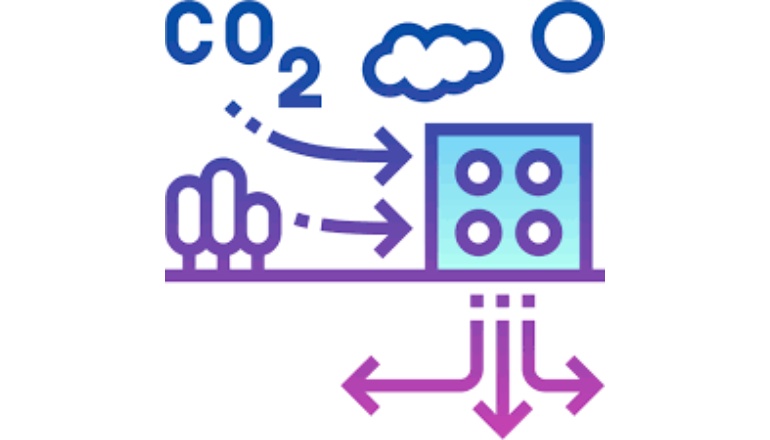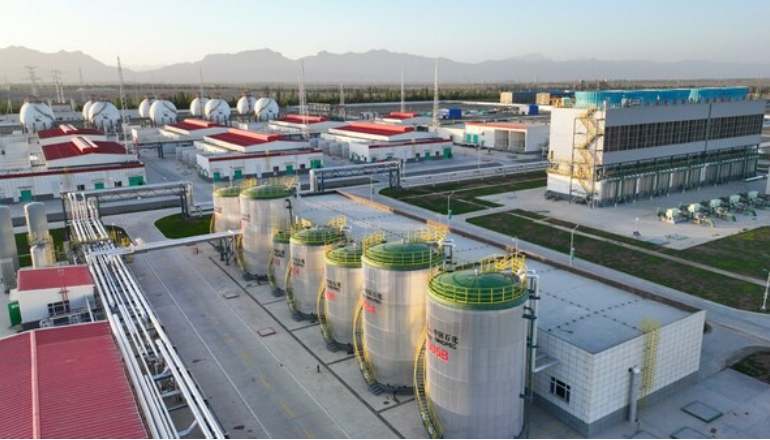The University of Sheffield’s research predicts that the UK and G20 countries will have a negative ecological footprint by 2050.
Key findings:
Only Argentina, Brazil, Canada, and Russia are predicted to have a positive environmental impact.
Brazil will have the most positive ecological footprint per capita by 2050, due to less resource-intensive use. The UK despite a negative footprint, is on track to reduce carbon emissions due to stringent climate change policies.
The study predicts the ecological footprint of every G20 country over 30 years, emphasizing the need for sustainable industrial and economic growth without causing resource depletion or wildlife extinction.
Advocacy:
Researchers advocate for a comprehensive environmental policy-making strategy incorporating social, technological, and economic strategies. They promote sustainable futures by adopting renewable energy sources like wind and solar.
They used advanced forecasting tools like ARIMA, Auto-ARIMA, and Prophet models to predict ecological impact using AI, enhancing forecast accuracy and future patterns.
Professor Lenny Koh, Chair, Operations Management, the University of Sheffield emphasizes the significance of predicting the environmental impact of the G20’s largest economies over the next 30 years to understand the planet’s future and implement necessary changes.
Call for action:
Investments in green technologies and infrastructure are crucial to mitigate industrialization and urbanization negative effects, they study states.
The findings underscore the need for robust environmental policies and increased international cooperation to address unique challenges and promote sustainable development globally, she says.
The authors emphasize the importance of education and public awareness of sustainability issues, suggesting that governments should implement initiatives that promote sustainable living and encourage environmentally friendly lifestyles.
The way forward:
“This study offers a critical forecast that should guide future research, policy-making, and practical applications in environmental sustainability,” Professor Lenny Koh says.
She notes that the G20 countries must work together to address these issues, with a particular emphasis on reducing resource scarcity and boosting ecological resilience.











